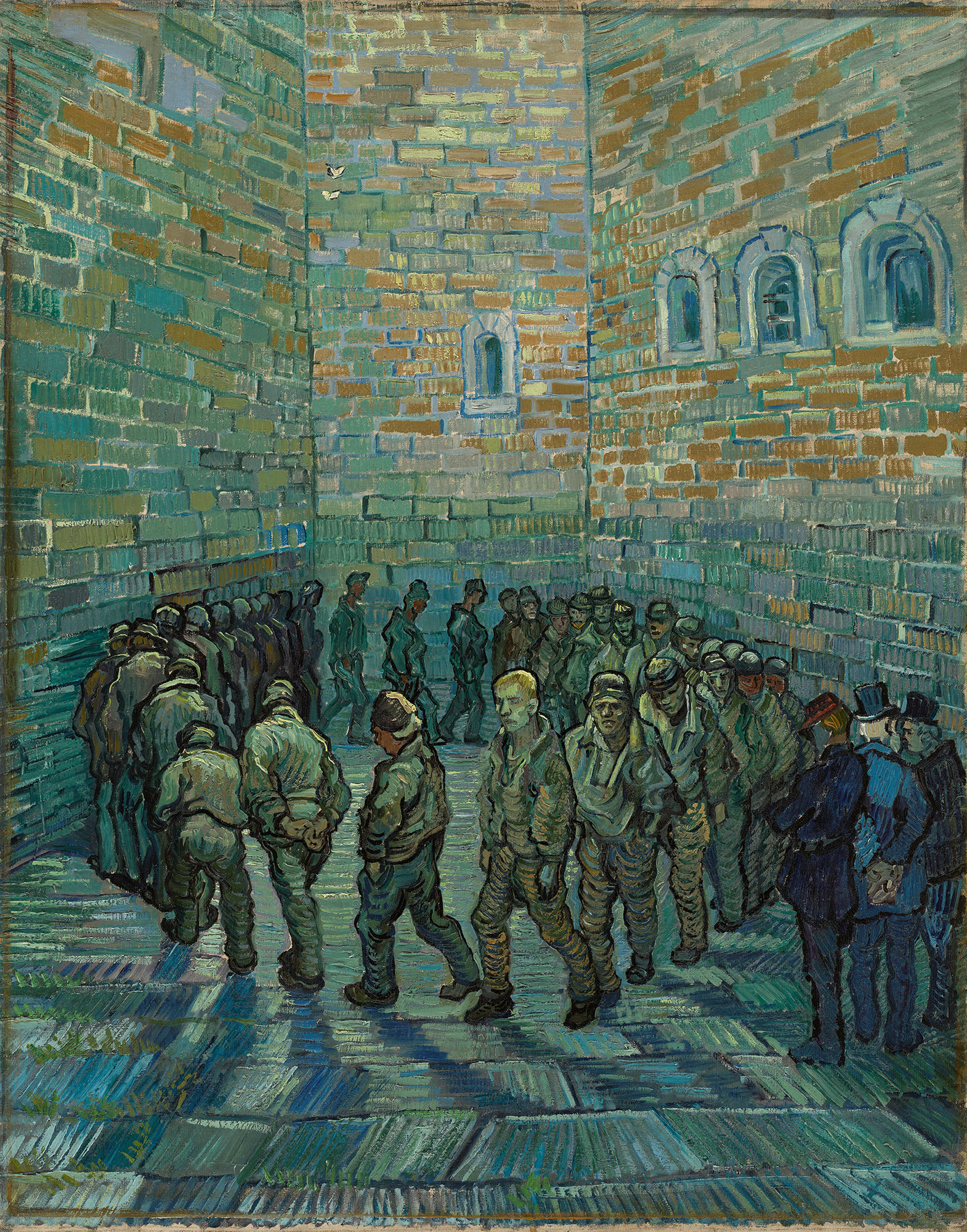File system, I think.
File system is a generic word for many components and functions.
I learned waaayyy back that this one is called a volume.
However, I'm not a programmer. There may be some terminologies in your world I'm unaware of.
In any case, I will practice my reading fu and re-read things to make sure I'm not missing anything, then do what wonko is wait-and-seeing about, and come up with what I can conjure as a unified view.
If in the process, I have a question, I will post it. That's to clarify posts with possible double meaning, and/or unclear ideas.
More to come ...
------------------------------------------------------------------------------------------
So, is the "karyonix" family from a certain village in "Gaul"?
(looks to me that they later migrated to Thailand)



















_-_The_Old_Mill_(1888).jpg)





